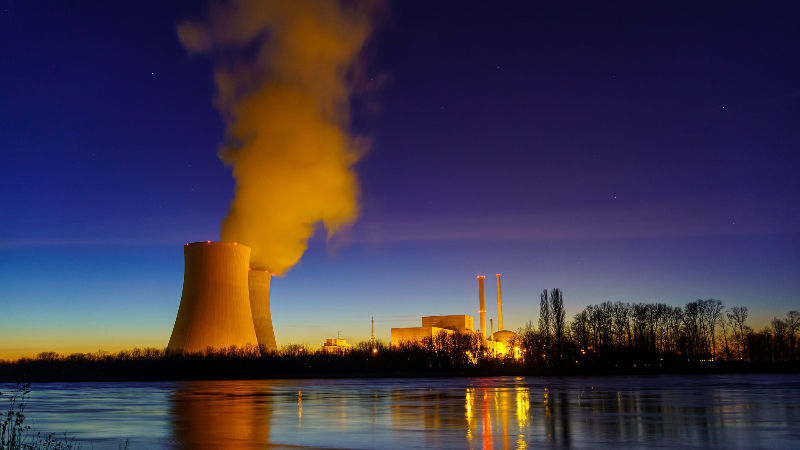The course provides an introduction to the following topics in reactor physics:
- fundamentals of nuclear physics relevant to nuclear engineering,
- interaction of radiation with matter,
- neutron thermalisation,
- nuclear fission and chain reaction,
- nuclear fuel,
- types of nuclear reactors,
- neutron diffusion equation,
- reactor theory,
- reactor kinetics,
- reactor dynamics.
The course includes in-house labs (based on a reactor simulator) and hands-on training on a reactor abroad (the VR-1 reactor in Prague).
